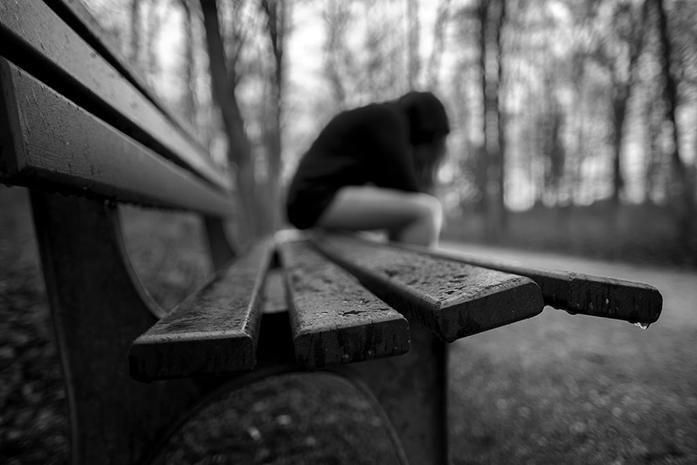The UI Counseling & Clinical Service has seen a steady rise in depression and anxiety numbers for students.
By Aja Witt
Anxiety and depression among college students can manifest itself in a variety of different ways. From feelings of sadness or unhappiness to a change in appetite and weight, slow thinking, and anger, depression is a common but serious issue that is “the No. 1 reason students drop out of school,” according to the Association for University and College Counseling Center Directors.
The University of Iowa Counseling & Clinical Service, which sees upwards of 2,000 students every year, has noticed a steady rise in depression and anxiety numbers for students in the 2014 through 2016 academic years.
“Two of the most pressing concerns do happen to be depression and anxiety,” said Kathleen Staley, the assistant director for outreach at UI Counseling. “Although there’s been a spike in anxiety a little bit recently.”
Anxiety and depression account for nearly 66 percent of students seeking counseling, with anxiety surpassing depression for the first time five years ago to become the leading diagnosis on campus.
In 2016, anxiety was diagnosed in 50.6 percent of cases seen by the service, up from 46.6 percent in 2015 and 40.4 percent in 2014.
Depression was diagnosed in 33.8 percent of cases, up from 33.6 percent in 2015 and 28.9 percent in 2014.
Of the students who use UI Counseling, 22 percent are first-year students, 20 percent are sophomores, 20 percent are juniors, 18 percent are seniors, and 20 percent are graduate students.
UI Counseling Director Barry Schreier said embedded therapists in the residence halls, along with the increase in the first-year student population, could help explain first-year numbers.
“The embedded positions have allowed us to extend our counseling center footprint into areas we otherwise didn’t have a lot of access to,” he said.
In the past, Schreier said, first-year students have used UI Counseling the least of all classes. But for the first time in the service history, he said, the embedded-therapy program has allowed first-year students to become the largest group of students, by class, to use the mental-health service on campus.
Patrick Galligan, an embedded staff therapist for UI Housing & Dining, noted the importance of the embedded-therapy program and how it is helping to eliminate the stigma surrounding mental health.
“The goal is to really help destigmatize the problem,” Galligan said. “Mental health and seeking treatment, for so many people, is perceived as them having to go to this special place on campus … But in your residence hall, you have your friends, you go there to eat, and you can go there for therapy, too.”
The UI has embedded therapists in some residence halls, the College of Dentistry, and the Athletics Department, making counseling service more accessible.
Currently, Schreier said, there is no way of knowing definitively what has caused the increases in anxiety and depression on campus. He said he speculates that it is a combination of student population growth, a growth in the UI Counseling staff, who are able to see more students, and a reduction in the stigma that is commonly associated with depression and anxiety.



